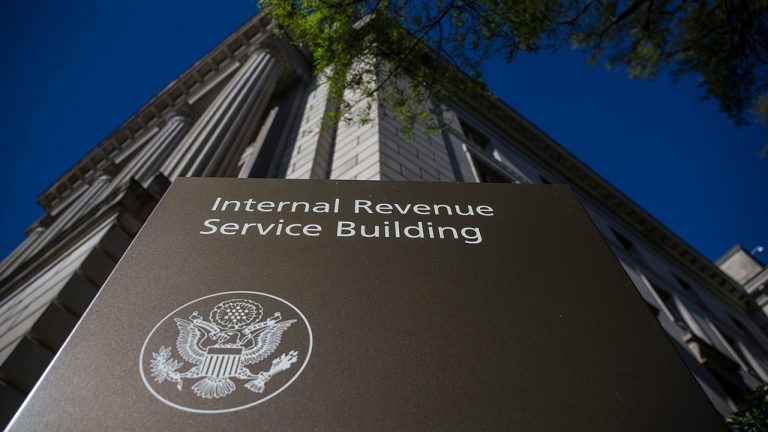The Internal Revenue Service (IRS) is changing limits on Americans’ catch-up contributions to their retirement accounts that will be in effect through 2025.
The IRS announced Friday that it’s putting an administrative transition period in place until 2026 to extend the new requirement that catch-up contributions made by higher-income individuals participating in a 401(k) or similar retirement plan be treated as after-tax Roth contributions. The change delays the implementation of a rule that Congress approved last year as part of the Secure 2.0 Act.
Americans aged 50 and older have previously been able to make catch-up contributions to put extra cash into their retirement accounts above the contribution limit. For example, eligible savers can deposit a catch-up contribution of up to $7,500 into their 401(k) plans or other retirement accounts above the $22,500 cap in 2023.
BIDEN ADMIN PROPOSES CRYPTO TAX REGULATIONS IN NEW REFORM
Under the Secure 2.0 Act, which became law as part of a year-end appropriations package enacted by Congress in December 2022, the new catch-up contribution rule would require higher-income earners put their catch-up contributions in after-tax accounts subject to Roth rules.
The policy applies to individuals who earned more than $145,000 from a single employer in the prior year and to catch-up deposits into 401(k), 403(b) or 457(b) retirement plans.
In effect, this means that higher-income earners wouldn’t receive the same tax break they’ve previously enjoyed once the Secure 2.0 changes are implemented because they wouldn’t be permitted to make pretax catch-up contributions, which reduce the size of the saver’s income subject to tax.
IRS SAYS NEW PAPERLESS PROCESSING INITIATIVE WILL ALLOW FOR FASTER REFUNDS

The IRS’ two-year delay allows savers to continue to make pretax catch-up contributions through 2025 as the agency implements the policy change. It also clarified that plan participants ages 50 and up can continue to make catch-up contributions after 2023 regardless of their income level.
“The administrative transition period will help taxpayers transition smoothly to the new Roth catch-up requirement and is designed to facilitate an orderly transition for compliance with that requirement,” the IRS said in the announcement.
Additionally, the Treasury Department and IRS noted that they’re planning to issue further guidance intended to help taxpayers understand aspects of the Secure 2.0 Act and solicited public comment on the subject through Oct. 24, 2023.
Read the full article here









